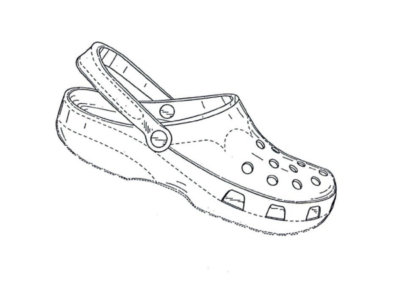Although the criterion of conformity with morality is only very rarely mentioned when examining a patent application, a recent decision by the European Patent Office shows the importance of this criterion and illustrates what needs to be considered.
In the present case, the invention concerns human-animal chimeras, in particular chimeric pigs intended for use in the production of human blood. The Board of Appeal examined the patentability of this invention in the light of Article 53(a) EPC (European Patent Convention), which concerns public policy and morality.
The Board indicates that while chimeras of human and animal origin are not included in the list of exclusions in Rule 28(1) EPC, the Biotech Directive (98/44/EC) specifies that processes involving certain human and animal cells (germ cells and totipotent cells) violate human dignity and must therefore be excluded from patentability.
The Chamber emphasizes that pluripotent cells, although they cannot directly give rise to a whole organism, nevertheless have the capacity to differentiate into neuronal or reproductive cells. There is therefore a risk that, in the context of the claimed invention, human cells will integrate into the brain of the chimera, giving it cognitive or behavioral abilities like those of humans, or into its lineage, enabling it to pass on humanized traits to its offspring.
As the claimed invention does not exclude these risks, the Court therefore considered that the invention should be excluded from patentability as it was deemed contrary to public policy and morality.





